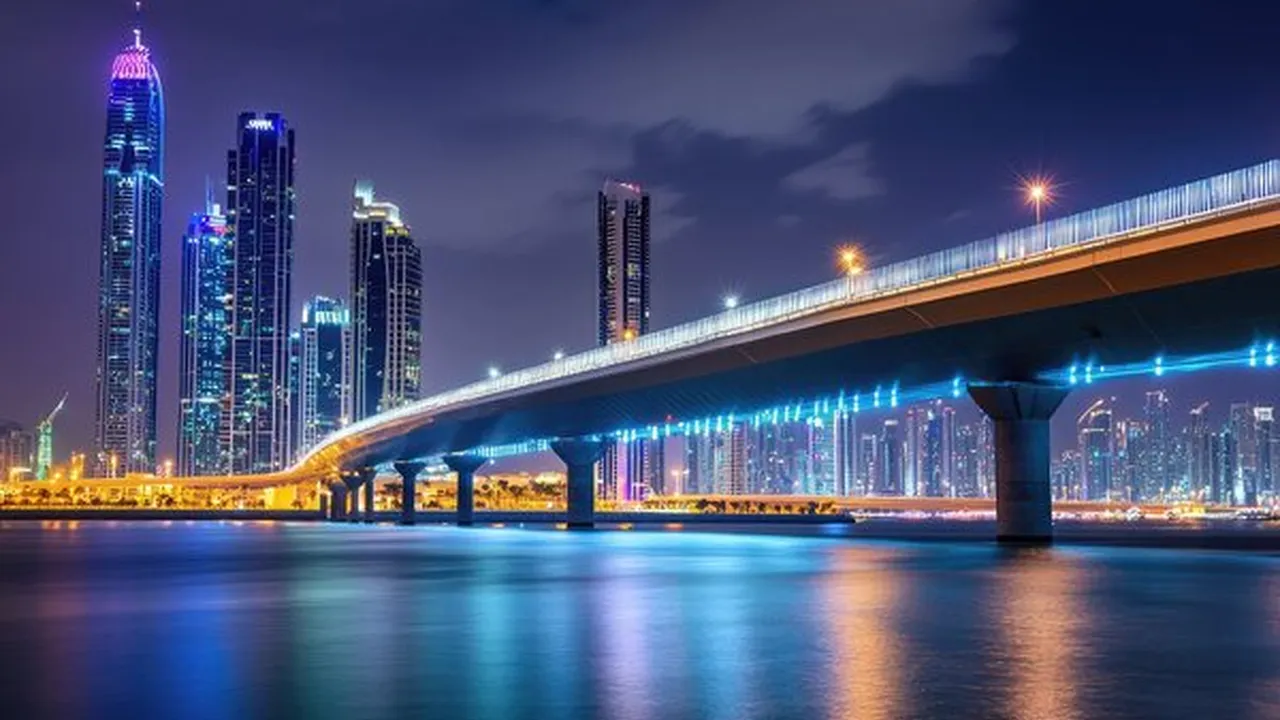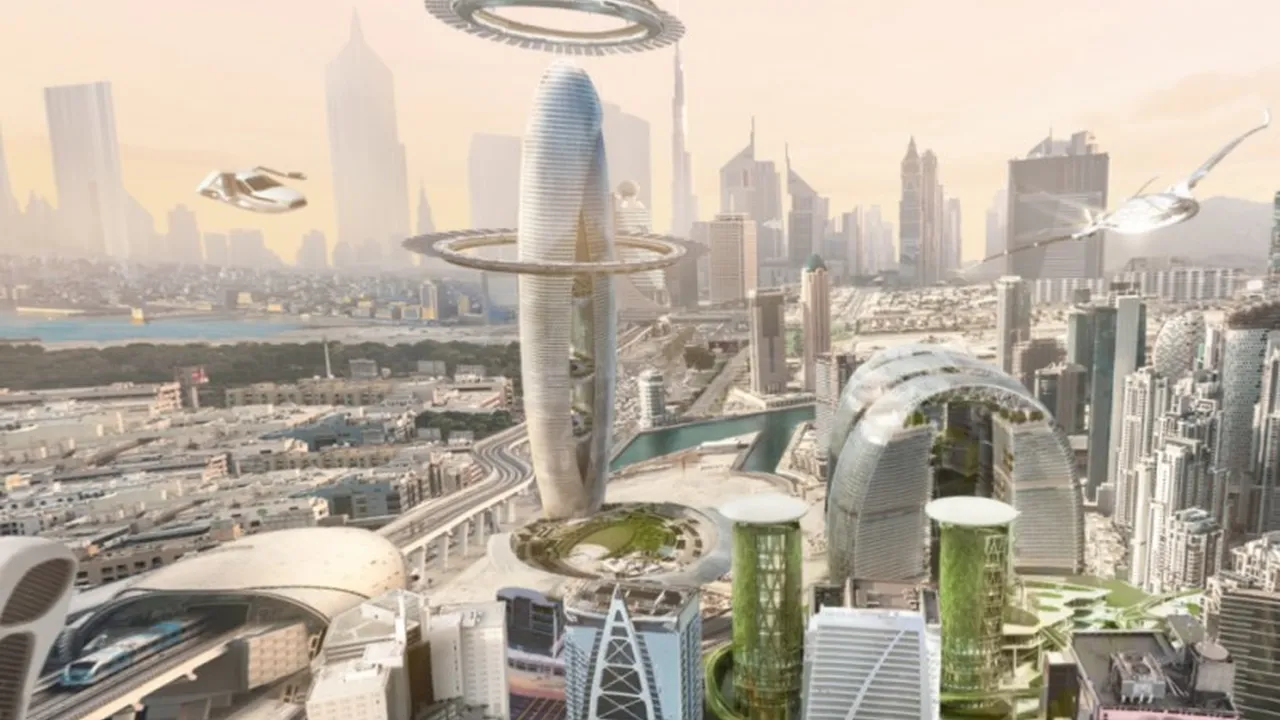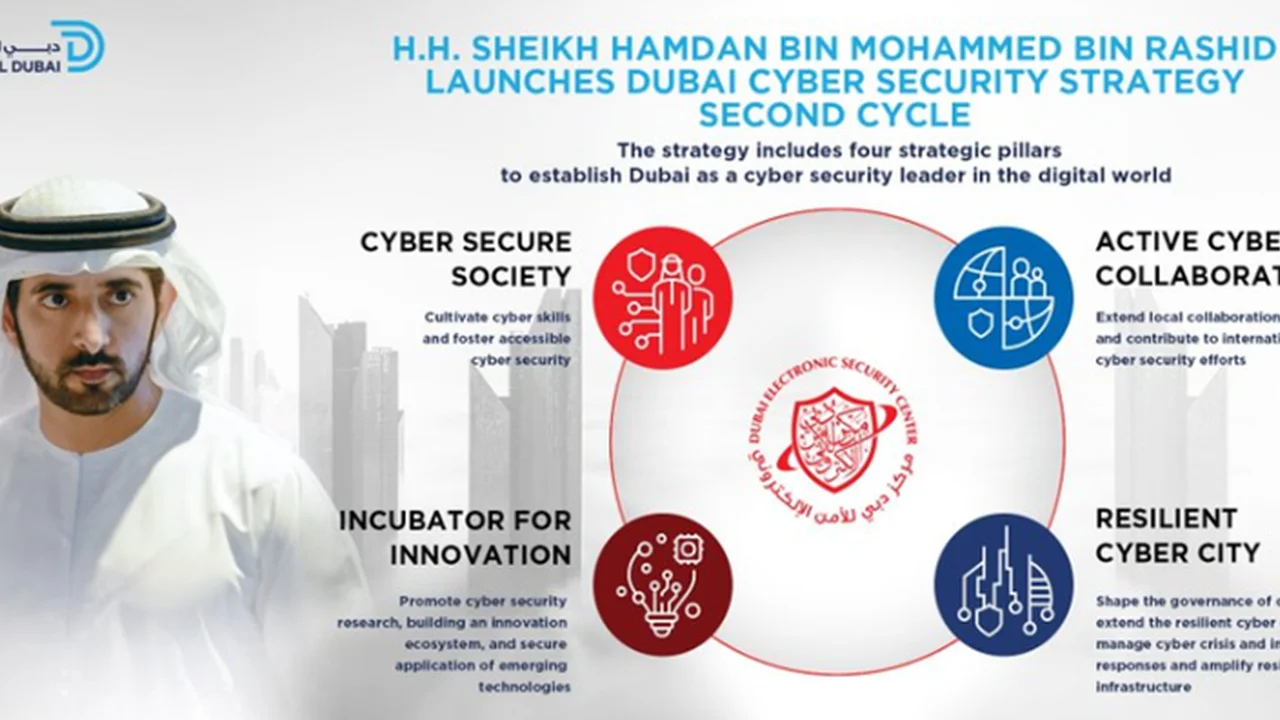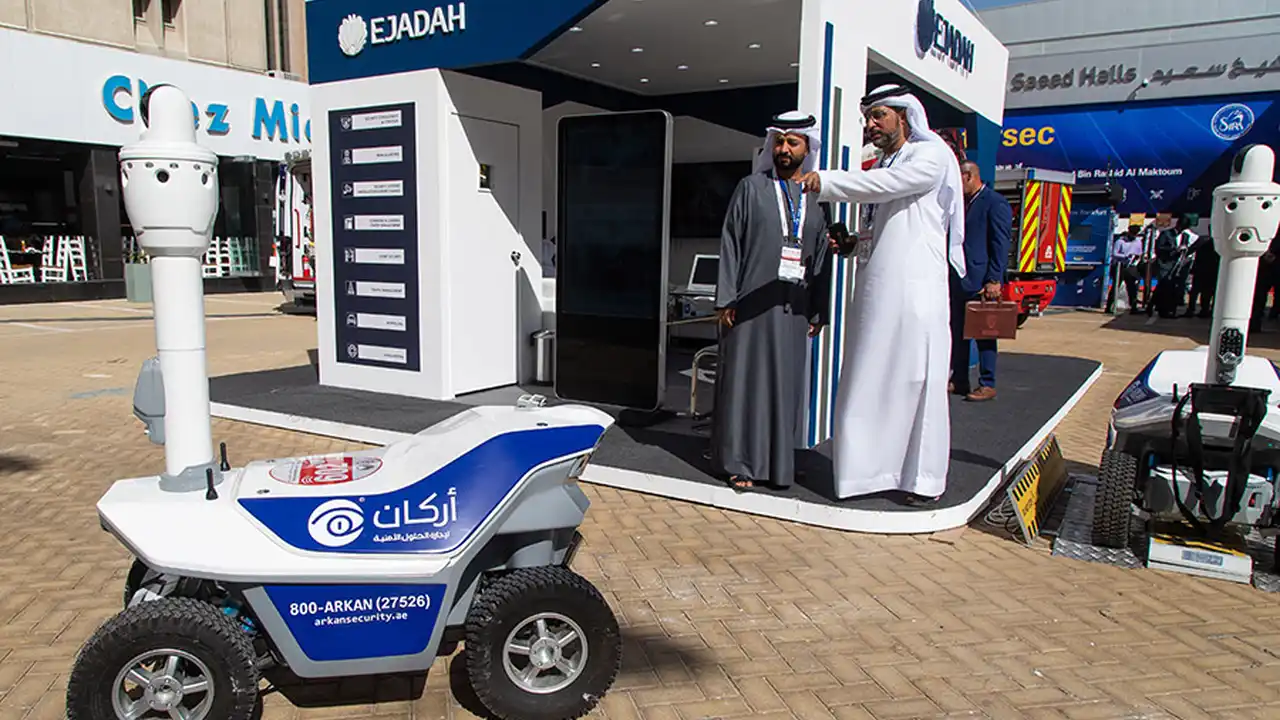5 Luxury Floating Resorts to Visit in the UAE
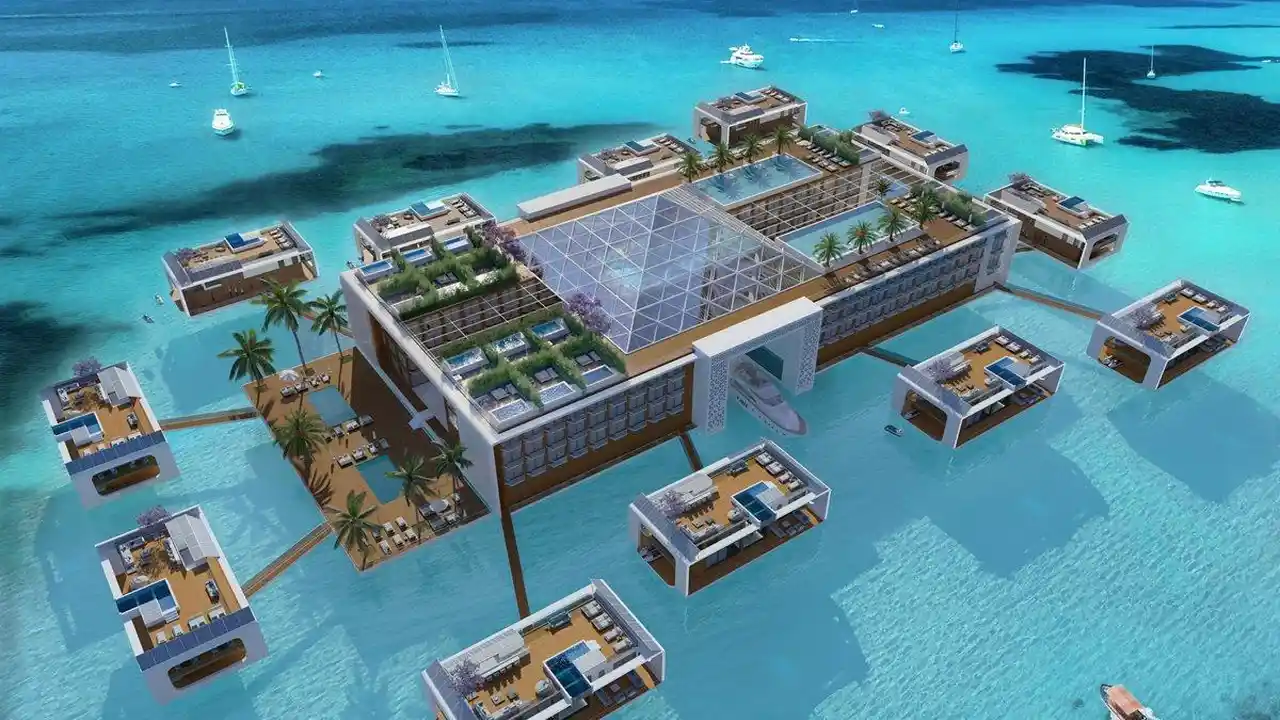
Exploring the Concept of Floating Hotels and Their Appeal
The idea of a floating hotel might sound like something straight out of a science fiction movie, but it's rapidly becoming a reality. These innovative structures offer a unique blend of luxury, sustainability, and adventure, appealing to travelers who seek experiences beyond the ordinary. But what exactly makes a floating hotel so appealing?
For starters, they offer unparalleled views. Imagine waking up to panoramic ocean vistas, with the gentle rocking of the waves lulling you into a state of tranquility. Floating hotels often boast prime locations, far from the hustle and bustle of city centers, providing a serene escape for those seeking respite from the stresses of modern life.
Beyond the views, these hotels are often designed with sustainability in mind. Many incorporate eco-friendly technologies like solar panels, water purification systems, and waste management solutions, minimizing their environmental impact. This resonates with a growing segment of travelers who are conscious of their carbon footprint and actively seek out eco-conscious accommodations.
Finally, floating hotels offer a sense of adventure. They represent a departure from traditional hotel stays, offering a novel and unforgettable experience. Whether it's exploring the surrounding waters by kayak, indulging in watersports, or simply relaxing on a private deck overlooking the ocean, a floating hotel provides ample opportunities for unique and exciting activities.
Luxury Floating Resorts: A Deep Dive into Opulence
The term "floating hotel" encompasses a wide range of establishments, from budget-friendly options to ultra-luxurious resorts. Let's delve into the world of luxury floating resorts and explore what sets them apart.
Luxury floating resorts are characterized by their exceptional amenities, impeccable service, and stunning design. They often feature spacious suites with private balconies, gourmet restaurants serving world-class cuisine, and state-of-the-art spas offering a range of rejuvenating treatments. Many also include private pools, helipads, and even underwater observation decks, providing guests with unparalleled access to the marine environment.
One of the key differentiators of luxury floating resorts is their commitment to personalized service. Staff members are highly trained to anticipate guests' needs and cater to their every whim, ensuring a seamless and unforgettable stay. From arranging private excursions to curating bespoke dining experiences, the level of service is truly exceptional.
Furthermore, luxury floating resorts often prioritize sustainability and environmental responsibility. They invest in cutting-edge technologies to minimize their environmental impact and actively participate in conservation efforts. This allows guests to indulge in luxury without compromising their values.
Innovative Architectural Designs in Floating Structures
The architecture of floating hotels is a fascinating blend of engineering ingenuity and aesthetic vision. Architects and engineers are constantly pushing the boundaries of what's possible, creating structures that are both functional and visually stunning. Let's explore some of the innovative architectural designs that are shaping the future of floating hotels.
One of the key challenges in designing floating structures is ensuring stability and buoyancy. Architects often employ advanced engineering techniques, such as using modular construction and incorporating ballast systems, to create structures that are stable and resilient in the face of changing weather conditions.
Another important consideration is the integration of sustainable technologies. Architects are increasingly incorporating solar panels, wind turbines, and other renewable energy sources into their designs to reduce the environmental impact of floating hotels. They are also exploring innovative ways to conserve water and manage waste, creating truly eco-friendly structures.
Beyond functionality, the architecture of floating hotels is also driven by aesthetic considerations. Architects are designing structures that are both visually appealing and harmonious with their natural surroundings. They are using innovative materials and techniques to create buildings that are both modern and timeless, blending seamlessly with the environment.
Sustainable Practices in Floating Hotel Construction and Operation
As mentioned earlier, sustainability is a key consideration in the design and operation of floating hotels. Let's delve deeper into the specific sustainable practices that are being implemented to minimize the environmental impact of these structures.
One of the most important sustainable practices is the use of renewable energy sources. Many floating hotels are equipped with solar panels, wind turbines, and other renewable energy technologies to generate electricity. This reduces their reliance on fossil fuels and helps to minimize their carbon footprint.
Water conservation is another crucial aspect of sustainable operation. Floating hotels often employ water purification systems to recycle wastewater and reduce their consumption of fresh water. They may also implement water-saving fixtures and appliances to further minimize their water usage.
Waste management is also a key consideration. Floating hotels often implement comprehensive waste management programs to reduce, reuse, and recycle waste. They may also compost organic waste and use it to fertilize on-site gardens.
Furthermore, many floating hotels actively participate in conservation efforts. They may support local marine conservation organizations, conduct research on marine ecosystems, and educate guests about the importance of environmental stewardship.
The Economic Benefits of Floating Hotels for Local Communities
Beyond their environmental benefits, floating hotels can also bring significant economic benefits to local communities. Let's explore some of the ways in which these structures can contribute to economic growth and development.
One of the most obvious economic benefits is the creation of jobs. Floating hotels require a wide range of employees, from construction workers and engineers to hotel staff and tour guides. These jobs can provide much-needed employment opportunities for local residents.
Floating hotels can also generate significant revenue for local businesses. Guests often patronize local restaurants, shops, and tour operators, boosting the local economy. The hotel itself may also purchase goods and services from local suppliers, further stimulating economic activity.
Furthermore, floating hotels can attract tourists to previously undeveloped areas. This can lead to the development of new infrastructure, such as roads, airports, and utilities, further improving the local economy.
Finally, floating hotels can enhance the image of a destination and attract investment. They can showcase the beauty and uniqueness of a region, making it more appealing to tourists and investors alike.
Case Study: Examining Successful Floating Hotel Projects Worldwide
To illustrate the potential of floating hotels, let's examine some successful projects from around the world. These case studies will provide insights into the design, operation, and economic impact of these innovative structures.
The Manta Resort, Tanzania: This resort features an underwater room that allows guests to sleep surrounded by marine life. The resort is committed to sustainability and supports local conservation efforts.
Puntland Hotel, Somalia: A unique floating hotel offering guests a special experience on the sea.
River Kwai Jungle Rafts, Thailand: This unique hotel floats on the River Kwai and is built from bamboo and local materials. It offers guests a rustic and immersive experience in the jungle.
Four Seasons Explorer, Maldives: While technically a liveaboard, it showcases the luxury and experience possible on a floating structure, offering scuba diving and cruising experiences.
These case studies demonstrate the diversity and potential of floating hotels. They show that these structures can be successful in a variety of locations and can offer a wide range of experiences to guests.
Addressing the Challenges and Concerns Surrounding Floating Hotels
While floating hotels offer many benefits, they also present certain challenges and concerns. Let's address some of these issues and explore potential solutions.
One of the main concerns is the potential environmental impact. Floating hotels can pollute the water, disrupt marine ecosystems, and contribute to climate change. However, these impacts can be mitigated through the implementation of sustainable practices, such as using renewable energy sources, conserving water, and managing waste effectively.
Another concern is the safety and security of guests. Floating hotels can be vulnerable to storms, floods, and other natural disasters. However, these risks can be minimized through careful design and engineering, as well as the implementation of emergency preparedness plans.
Finally, there are regulatory and permitting challenges. Floating hotels may be subject to a variety of regulations, including building codes, environmental regulations, and maritime laws. Navigating these regulations can be complex and time-consuming. However, working closely with government agencies and stakeholders can help to streamline the permitting process.
The Future Trends in Floating Architecture and Hotel Development
The future of floating architecture and hotel development is bright. As technology advances and demand for unique travel experiences grows, we can expect to see even more innovative and sustainable floating structures emerge. Let's explore some of the key trends that are shaping the future of this industry.
Increased focus on sustainability: Sustainability will continue to be a driving force in the development of floating hotels. We can expect to see even more emphasis on renewable energy, water conservation, waste management, and other eco-friendly practices.
Integration of smart technology: Smart technology will play an increasingly important role in the operation of floating hotels. We can expect to see the integration of sensors, automation, and artificial intelligence to improve energy efficiency, enhance security, and personalize the guest experience.
Modular construction: Modular construction will become increasingly popular as a way to reduce construction time and costs. Modular units can be prefabricated off-site and then assembled on-site, minimizing disruption to the environment.
Expansion into new locations: Floating hotels are likely to expand into new locations, including rivers, lakes, and even artificial islands. This will open up new opportunities for tourism and economic development.
Product Recommendations for Enhancing Your Floating Hotel Experience
To enhance your experience at a floating hotel, consider these product recommendations:
* **Waterproof Camera:** Capture stunning underwater photos and videos. * **Product:** GoPro HERO11 Black - Excellent image quality, rugged, and waterproof. * **Use Case:** Snorkeling, diving, or simply capturing the beauty of the surrounding waters. * **Comparison:** iPhone 14 Pro (Good, but less rugged), DJI Osmo Action 3 (Similar performance, different ecosystem). * **Detailed Info:** Costs around $400-$500, offers 5.3K video recording, and has excellent image stabilization. * **Noise-Cancelling Headphones:** Enjoy peace and quiet even on a busy deck. * **Product:** Sony WH-1000XM5 - Industry-leading noise cancellation, comfortable, and great sound quality. * **Use Case:** Relaxing by the pool, reading a book, or working remotely. * **Comparison:** Bose QuietComfort 45 (Excellent noise cancellation, less bass), Apple AirPods Max (Great sound, expensive). * **Detailed Info:** Costs around $350-$400, offers up to 30 hours of battery life, and has a sleek design. * **Portable Solar Charger:** Keep your devices charged while enjoying the sun. * **Product:** Anker PowerCore Solar 10000 - Compact, waterproof, and provides reliable solar charging. * **Use Case:** Charging your phone, tablet, or camera while exploring the outdoors. * **Comparison:** Goal Zero Nomad 5 (Smaller, less powerful), BigBlue 28W Solar Charger (More powerful, bulkier). * **Detailed Info:** Costs around $30-$40, provides 10000mAh of power, and has a durable design. * **Reef-Safe Sunscreen:** Protect your skin and the marine environment. * **Product:** Raw Elements Tinted Facial Moisturizer - All-natural, reef-safe, and provides excellent sun protection. * **Use Case:** Protecting your skin from the sun while swimming, snorkeling, or sunbathing. * **Comparison:** Badger Balm SPF 30 (Good protection, thicker consistency), Thinksport SPF 50 (High protection, can leave a white cast). * **Detailed Info:** Costs around $20-$30, provides broad-spectrum SPF 30 protection, and is water-resistant.Detailed Pricing Information for Various Floating Hotel Experiences
The pricing for floating hotel experiences can vary widely depending on the location, amenities, and level of luxury. Here's a general overview:
* **Budget-Friendly Options:** Starting around $100-$200 per night, these options typically offer basic amenities and smaller rooms. They might be located in less popular areas or have fewer on-site activities. Examples include smaller eco-lodges or repurposed houseboats. * **Mid-Range Options:** Ranging from $200-$500 per night, these hotels offer more comfortable accommodations, better amenities (like a pool or restaurant), and a wider range of activities. They are often located in more desirable areas and offer better views. * **Luxury Options:** Starting at $500 per night and going up to several thousand dollars, these resorts offer unparalleled luxury, personalized service, and exceptional amenities. They often include private pools, gourmet dining, spa treatments, and exclusive access to activities. The Manta Resort (underwater room) and similar high-end properties fall into this category.Factors that influence pricing include:
* **Location:** Hotels in popular tourist destinations or remote, exclusive locations tend to be more expensive. * **Season:** Prices are typically higher during peak season (e.g., summer, holidays). * **Room Type:** Suites and rooms with better views command higher prices. * **Amenities:** Hotels with more amenities (e.g., pools, spas, restaurants) tend to be more expensive. * **Inclusions:** Packages that include meals, activities, or transportation can be more cost-effective.The Importance of Responsible Tourism When Visiting Floating Hotels
As a responsible traveler, it's crucial to consider the impact of your visit on the environment and the local community. Here are some tips for practicing responsible tourism when visiting floating hotels:
* **Choose eco-friendly hotels:** Look for hotels that have implemented sustainable practices, such as using renewable energy, conserving water, and managing waste effectively. * **Respect the local culture:** Learn about the local culture and customs and be respectful of local traditions. * **Support local businesses:** Patronize local restaurants, shops, and tour operators to support the local economy. * **Minimize your environmental impact:** Reduce your consumption of water and energy, avoid using single-use plastics, and dispose of waste properly. * **Leave no trace:** Leave the environment as you found it, without disturbing wildlife or damaging natural habitats. * **Educate yourself:** Learn about the environmental and social issues facing the destination and support organizations that are working to address them.By practicing responsible tourism, you can help to ensure that floating hotels contribute to the sustainable development of the destinations where they are located.
:max_bytes(150000):strip_icc()/277019-baked-pork-chops-with-cream-of-mushroom-soup-DDMFS-beauty-4x3-BG-7505-5762b731cf30447d9cbbbbbf387beafa.jpg)



